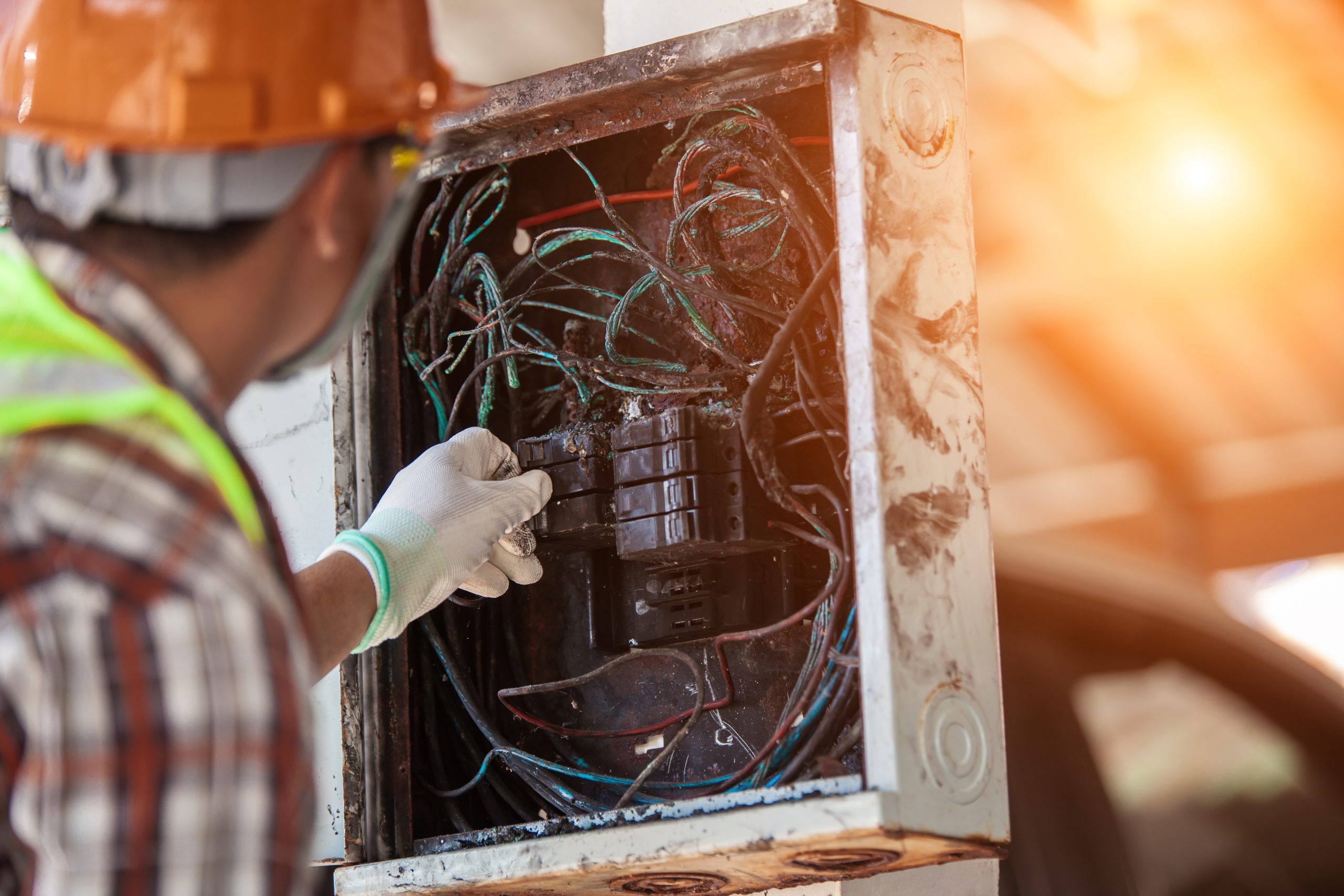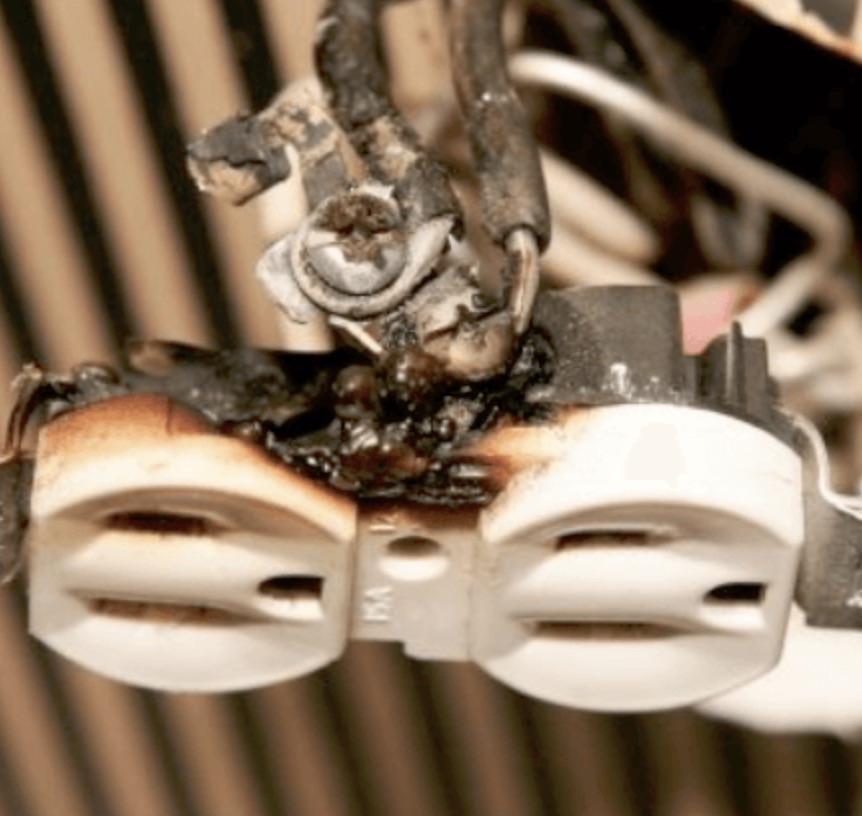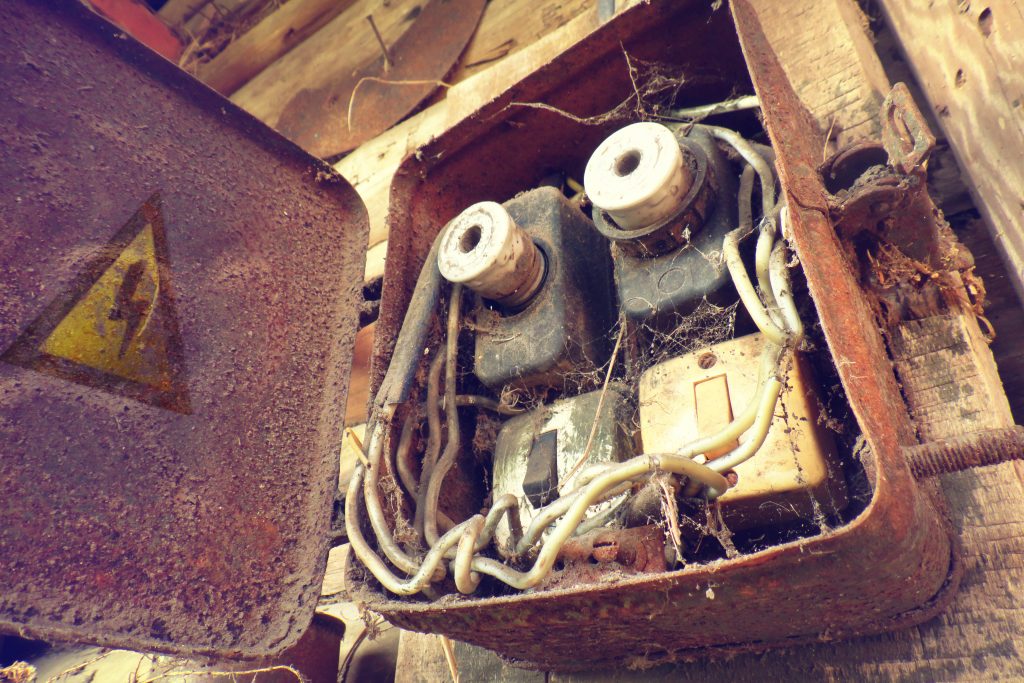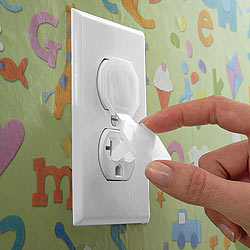
Electrical Hazards in the Home: What Every San Jose Homeowner Should Know
Protect Your Home. Protect Your Family. Call a Licensed Electrician Before It’s Too Late.
Electricity is silent, invisible—and when something goes wrong, the damage can be fast and devastating. Each year, home electrical issues cause fires, injuries, and even deaths. Many of these incidents are preventable.
At Dollens Electric, we help homeowners across San Jose, Santa Clara County, and the surrounding areas prevent electrical problems before they start. Whether you live in an older home or just want peace of mind, we’re here to help you make sure your wiring and appliances are safe.
⚠️ The Most Common Electrical Hazards in Homes
You don’t have to be an expert to spot warning signs. Below are the most common electrical risks we find during safety inspections—and what you can do about them.
1. Overloaded Outlets
Plugging too many devices into one outlet or using “octopus” adapters can overheat the circuit and lead to a fire. If your power strips are warm to the touch or your breakers keep tripping, it’s time to upgrade your wiring.
2. Damaged or Improper Cords
Worn-out extension cords, frayed appliance cords, or cords that run under rugs or furniture are a serious fire hazard. Extension cords are meant for short-term use only—not as a permanent solution.
3. Wet Areas + Electricity
Using electrical appliances near sinks, bathtubs, or pools is dangerous. Water conducts electricity, and even small splashes can result in serious shocks.
Tip: Install GFCI outlets in all kitchens, bathrooms, garages, laundry rooms, and outdoor space


4. Wrong Lightbulbs
Bulbs with a higher wattage than the fixture rating can overheat, melt wires, and start fires inside ceilings or walls. Always check the label before replacing a bulb.
5. Outdated Panels & Unsafe Wiring
Homes more than 30 years old often have outdated panels and aluminum wiring that no longer meet today’s safety codes. You may not see a problem until something fails—and by then, it’s often too late.
🔎 What to Watch For: Red Flags Inside Your Home
- Outlets that spark or feel warm
- Breakers that trip repeatedly
- Lights that flicker when large appliances run
- Buzzing or crackling sounds behind walls
- Discolored or melted switch plates
- Plugs that feel loose or fall out easily
- Shock or tingling sensation when touching an appliance
If any of these sound familiar, stop using the outlet or appliance and call a licensed electrician immediately.
Electrical Safety for Kids
Children are naturally curious—and electrical systems pose unique risks in homes with toddlers or young children.
Do this:
- Install safety covers on all unused outlets.
- Keep cords out of reach or behind furniture.
- Don’t leave appliances plugged in where kids can pull them down.
- Teach older children never toinsert objects into outlets or power strips.

Upgrade Your Home. Save More Together.
When to Call a Licensed Electrician
Don’t ignore strange signs. If something seems off, there’s probably a reason.
Call Dollens Electric if:
- You smell burning plastic or see scorch marks
- Breakers trip more than once a month
- You need more outlets to stop relying on power strips
- You’ve recently bought new high-powered appliances
- You’re planning a remodel or room addition
- You’ve never had a professional electrical inspection
✅ Electrical Safety Checklist for Homeowners
Quick steps you can take right now:
- Replace frayed or cracked cords
- Never run cords under rugs or doors
- Avoid plugging too many items into a single outlet
- Turn off appliances when not in use
- Use the correct wattage in all fixtures
- Install GFCIs in wet locations
- Keep all electrical items away from sinks, tubs, and water
- Make sure outlets and switches aren’t hot to the touch
- Don’t attempt DIY electrical repairs—ever
- Schedule a full-home safety inspection every 3–5 years
Safe Homes Start with Expert Inspections
Most electrical issues start small and get worse with time. You don’t have to wait until something fails. At Dollens Electric, our trained electricians can inspect your entire system and catch problems early—before they become dangerous.
We serve San Jose, Campbell, Sunnyvale, Los Gatos, Cupertino, Santa Clara, and nearby areas.
- Trusted by homeowners across Santa Clara County
- Licensed, bonded, and insured electricians
- Upfront pricing, clean work, and 5-star reviews
- Lifetime warranty on craftsmanship
- 3-Year parts guarantee on all new installations
Call now (408)929-6100
Ready For Peace of Mind?
I was pleased when they briefly reviewed an installation manual to make sure they remembered exactly how the brand worked. It was obvious Joshua already knew how to make the installation but he doubled checked anyway. (I'm glad I'm not the only person who still refers to a manual.)
Call/use them; you won't be sorry.
Excellent communication and professional!
Highly recommend!
Jason seemed to know the possible cause for the problem when I told him that the parts of the house were losing power gradually, and he was right!! He came out on the same day and fixed the problem (burnt crimp in junction box in the garage) within an hour!! Excellent!
They went above board to make sure every thing was done to perfection !
They give an accurate read on what needs
to be done. They are a safety-first company
that shows up energetic & work...
They answered all our questions, let us know and talk through our options and didn't do any additional work without letting us know and approve the price difference for our requests, rather than telling us at the end of the job.
A+ work!
📍 Proudly Serving
San Jose | Santa Clara | Cupertino | Sunnyvale | Campbell | Los Gatos | Saratoga | Mountain View | Surrounding South Bay Areas
We accept most major forms of credit cards, including Visa and MasterCard.
Related Post

What Makes a Great Electrician? The Hidden Skill of a True Residential Service Professional

San Jose Solar Repair | Fix Abandoned Solar Systems After Company Shutdown






